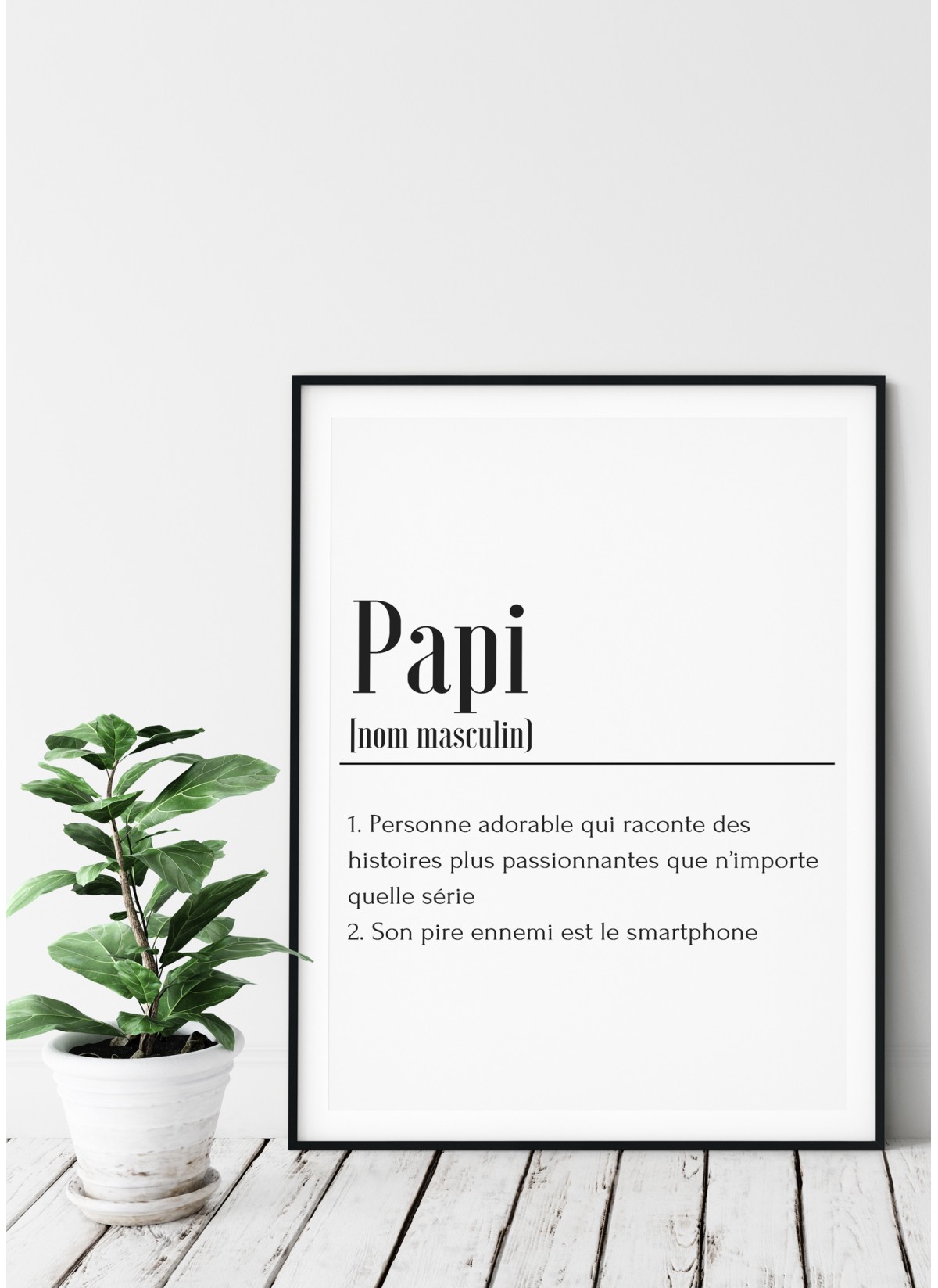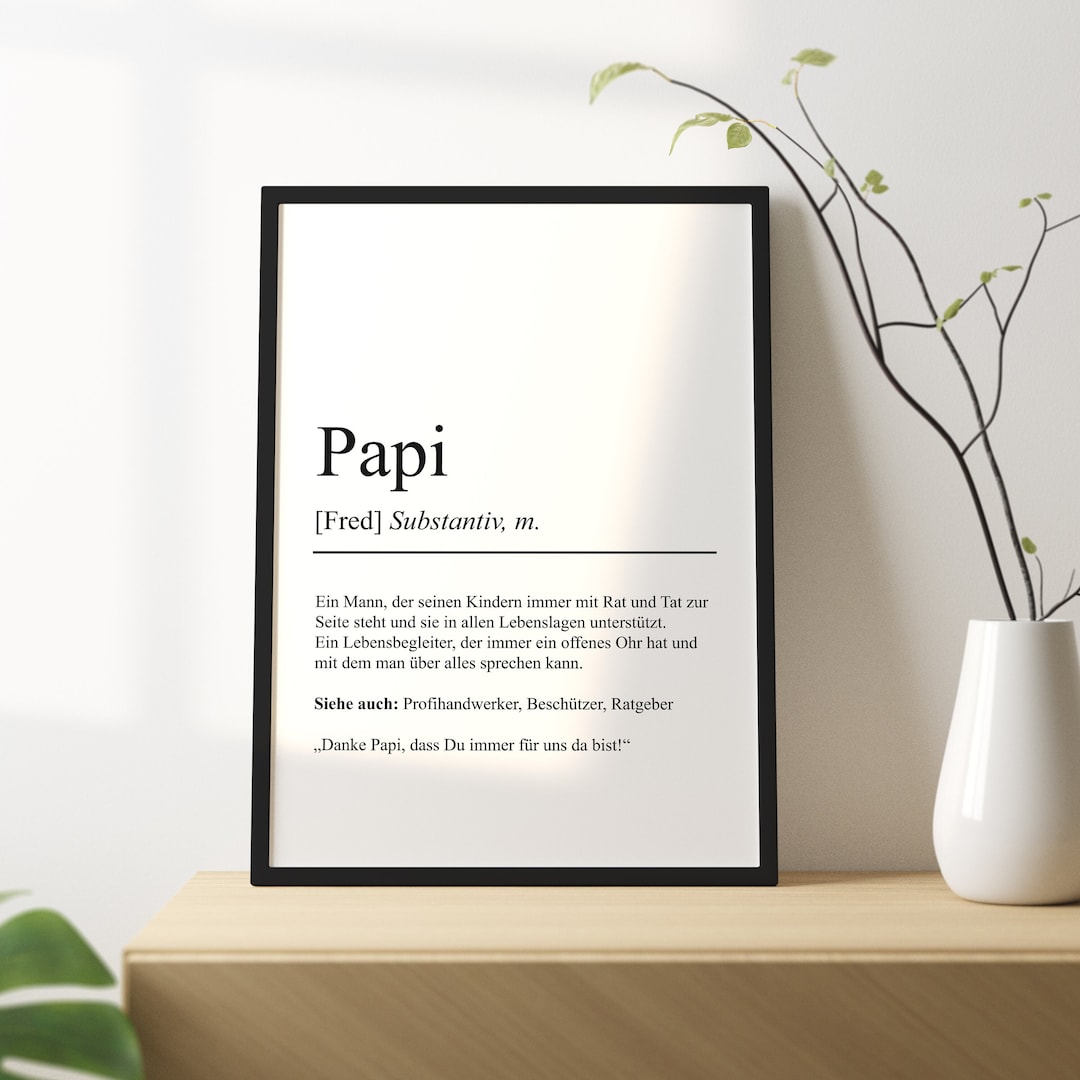Papi Meaning: What Does "Papi" Really Mean? [Explained]
Ever heard someone casually drop the word "papi" and wondered what exactly they meant? It's more than just a Spanish word for "daddy"; it's a versatile term loaded with cultural context, emotion, and even a hint of playful intrigue.
The journey to understand "papi" begins in the Spanish language, where it functions as a colloquial equivalent of "daddy." Its a term of endearment, freely applied to men who hold a special place in your life be they family, friends, or romantic partners. While the direct translation points to "daddy" or "father," the true essence of "papi" extends far beyond this simple definition. It's a linguistic chameleon, adapting its meaning based on context, tone, and the relationship between speaker and listener. Understanding these nuances is key to navigating the complex world of "papi." It can be as innocent as a child calling out to their father or as intimate as a lover whispering sweet nothings. But tread carefully; misusing this term can lead to misunderstandings or even offense. So, where does "papi" fit in, and where should you steer clear?
| Category | Information |
|---|---|
| Origin | Spanish language; diminutive of "padre" (father) from Latin "pappas" |
| Literal Translation | Daddy, Dad |
| Usage | Term of endearment for men: father, relative, friend, lover, or someone admired. |
| Connotation | Affection, familiarity, intimacy, or playful flirtation. Can have sexual connotations depending on context. |
| Frequency | Approximately 0.04 times per million words in modern written English. |
| Appropriate Contexts | Romantic relationships, intimate settings (e.g., bedroom), casual conversations with close friends/family. |
| Inappropriate Contexts | Formal settings, professional environments, addressing strangers, situations where familiarity is unwelcome. |
| Variations | "Papy" (French), "Ay, Papi" (exclamation) |
| Related Terms | "Mami" (female equivalent), "Chulo" (slang for "pimp" but can also mean "cool" or "attractive"), "Mi Amor" (my love) |
| Cultural Notes | Common in Caribbean and Central America. Usage can vary by region and social group. |
| Reference Link | WordReference.com (Spanish-English Dictionary) |
In the realm of romance, "i papi" can be a powerful expression of affection. It's akin to calling someone "honey" or "sweetheart," a verbal caress that strengthens the bond between partners. The phrase indicates a level of comfort, trust, and desire. However, the line between endearment and inappropriateness is often thin, and heavily dependent on the dynamics of the relationship. Consider the stage of the relationship, cultural background, and the comfort levels of both individuals. What might be playful and intimate for one couple could feel awkward or even offensive to another.
- Vegamovies Guide Alternatives Streaming More Year
- What To Know About Bollyflix Your Guide To Streaming More
Think of the heat of the moment, the whispered words in the bedroom. Here, "papi" can take on a decidedly sexual connotation, acting as a replacement for "daddy" in the context of role-playing or intimate expression. The term adds a layer of spice and excitement, transforming the encounter into something more intense and sensual. The boundaries, however, should always be respected, and consent should be paramount. This usage of "papi" might not be for everyone, and open communication between partners is essential to ensure comfort and enjoyment for both.
But the term's influence extends far beyond the bedroom and romantic relationships. "Papi" can be used as a casual term of endearment among friends, similar to "buddy" or "bro." It establishes a sense of camaraderie and familiarity, strengthening the bonds of friendship. This usage is particularly common in certain cultures and social groups, where informality and closeness are highly valued. Imagine a group of friends laughing and joking, casually addressing each other as "papi" it's a sign of acceptance, affection, and shared history.
However, outside of these intimate circles, using "papi" can easily misfire. In formal settings, such as the workplace or a professional environment, addressing someone as "papi" would be highly inappropriate. It disregards professional boundaries and can be interpreted as disrespectful, condescending, or even harassing. Similarly, using "papi" when addressing a stranger is generally ill-advised. It can come across as presumptuous, overly familiar, and potentially offensive. The key is to exercise caution and consider the context before using the term.
The beauty, and the danger, of "papi" lies in its cultural roots. Originating from the Spanish word "padre," meaning father, "papi" has absorbed layers of meaning over time. It is a linguistic embodiment of cultural values, social norms, and personal relationships. Understanding these cultural nuances is crucial for responsible and respectful usage. For instance, in some Latin American cultures, "papi" might be used more freely as a general term of endearment, while in other contexts, it might carry a more intimate or even sexual connotation. It is crucial to be aware of these regional variations and adapt your language accordingly.
Interestingly, the linguistic landscape of "papi" doesn't stop at its Spanish origins. The term has been borrowed by English speakers, evolving into a colloquialism that reflects the increasing interconnectedness of cultures. In English, "papi" often carries a similar meaning to its Spanish counterpart, acting as a term of endearment for a romantic partner or close friend. However, its usage in English might also be influenced by popular culture, particularly music and movies, where "papi" is often used as a cool or stylish way to address a man. This crossover highlights the dynamic nature of language and its ability to adapt to new contexts and audiences.
Delving deeper, "papi" can also be seen in the context of linguistics and education, taking on completely different meanings. In linguistics, the term might be analyzed for its etymology, its evolution, and its usage across different languages and cultures. In education, PAPI can even stand for Performance Assessment of Contributions and Impact, a method for evaluating the work of researchers. These diverse applications highlight the multifaceted nature of language and the importance of considering context when interpreting words.
Adding another layer to the equation is the distinction between "papi" and "i papi." The latter, more common in the Caribbean and Central America, serves as an affectionate way to call someone "father" or "daddy" in informal settings. This variation underscores the regional nuances within the Spanish-speaking world and the subtle differences in language usage.
In French, the equivalent of "papi" is "papy" or "papie," adding yet another perspective to the global understanding of this term. Similarly, in German, you might hear someone say "Papi, kommst du bitte mal" (Dad, could you come here, please?) or "Mein Papi steht morgens ungern auf" (My dad doesn't like getting up in the morning). These translations and examples highlight the universality of the concept of "daddy" or "father" across different languages and cultures, while also showcasing the unique linguistic expressions used to convey this relationship.
Even the statistical analysis of language can shed light on the use of "papi." Studies show that "papi" appears approximately 0.04 times per million words in modern written English, placing it in frequency band 3, which includes words occurring between 0.01 and 0.1 times per million words. This data provides a quantitative perspective on the prevalence of "papi" in contemporary language.
So, next time you hear someone use the word "papi," remember that it's more than just a simple translation. Its a term rich with history, culture, and emotion. Understanding the nuances of "papi" can help you navigate social situations with greater confidence and appreciate the beauty and complexity of human communication. Whether it's a term of endearment in a romantic relationship, a casual greeting among friends, or a cultural expression of affection, "papi" holds a special place in the tapestry of language.
- Night Mood 2023 Mojflix Originals Web Series Ep 1 Watch Now
- Vega Movies Where To Watch Online Streaming Guide

Affiche en noir et blanc définition Papi L’Afficherie

Affiche en noir et blanc définition Papi L’Afficherie

Papi Definition Poster Customizable Minimalist Design Etsy